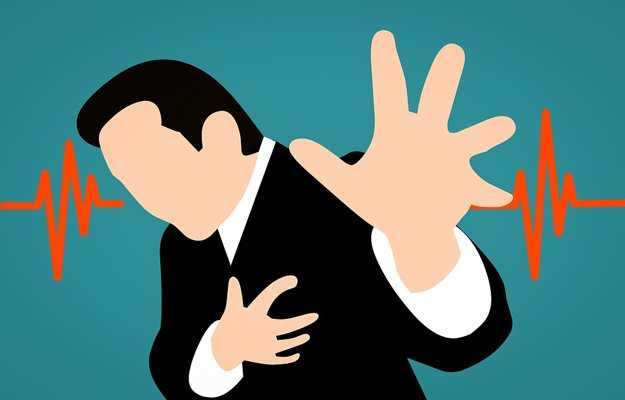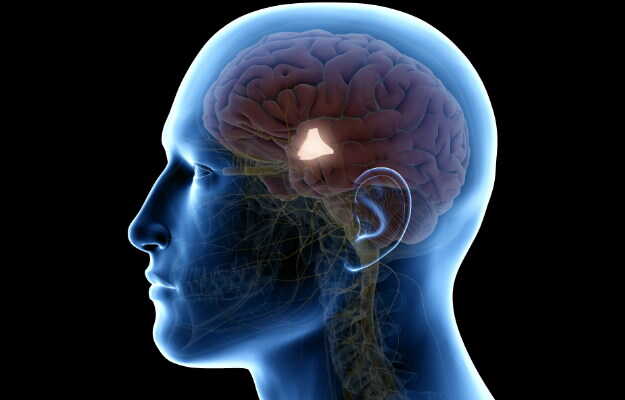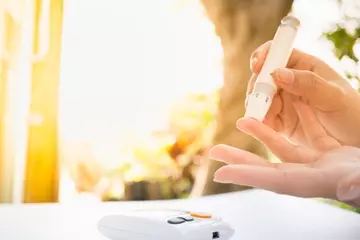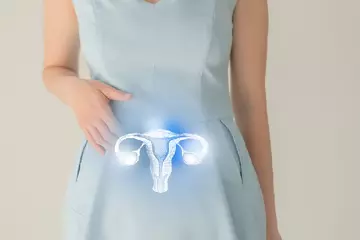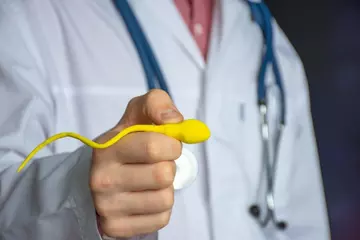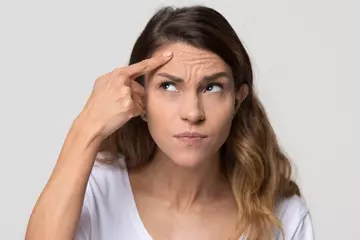What is Noonan syndrome?
Noonan syndrome is a genetic condition characterized by multiple birth defects which includes abnormal facial characteristics, short stature, heart and bleeding problems, skeletal deformity, and other symptoms.
What are its main signs and symptoms?
The signs and symptoms of Noonan syndrome include:
- Abnormal facial features
- a large forehead
- drooping eyelids
- a wider-unusual distance between the eyes
- a short and broad nose
- low-set ears that are turned towards the back of the head
- a small jaw
- a short neck with additional skin folds
- Short stature – At around 2 years of age the growth of the child slows down.
- Heart defects which includes:
- Pulmonary valve stenosis
- Hypertrophic cardiomyopathy
- Septal defects
- Learning disability
- Feeding problems
- Eye problems
- Behavioural problems
- Increased bleeding
- Bone marrow problems
What are the main causes?
Noonan syndrome is an inherited disease which is commonly caused by faulty PTPN11 gene related to lungs and faulty RAF1 gene associated with heart muscles. Only one parent carries a copy of faulty genes and that child has 50% chance of getting this syndrome.
How is it diagnosed and treated?
A thorough history taking followed by a detailed physical examination can help diagnose the syndrome. Other tests to prove Noonan syndrome include:
- an Electrocardiogram
- an Echocardiogram
- an Educational assessment
- Blood tests to assess how well the blood clots
- Eye tests – to check for eye problems (blurred vision)
- Hearing tests – to check for ear related problems (Hearing loss)
The treatment of Noonan syndrome associated with heart includes:
- Pulmonary stenosis operation – To widen the narrowed heart valve
- B-blockers or surgery– To treat Hypertrophic cardiomyopathy
- Surgery – For septal defects
Restricted growth can be treated with the administration of growth hormones.
Undescended testicles can be corrected with a surgery called orchidopexy.
Feeding and speech problems can be treated with the help of speech therapist.


